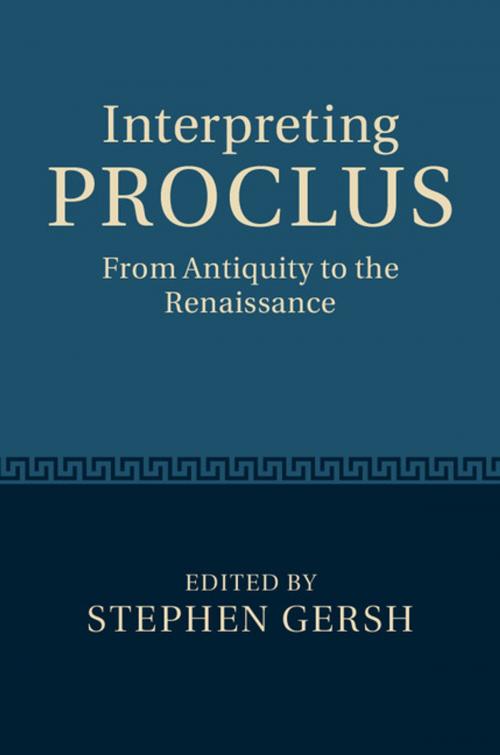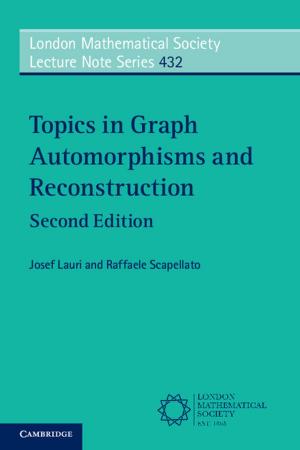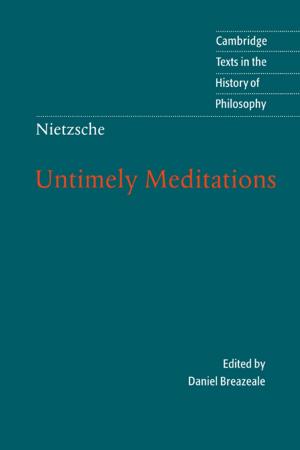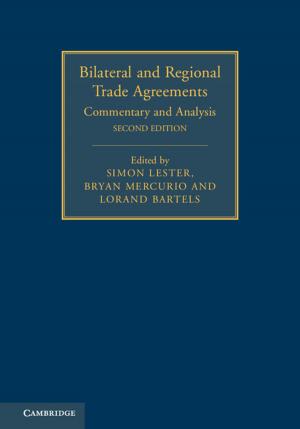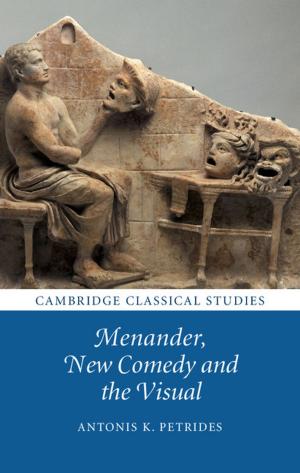Interpreting Proclus
From Antiquity to the Renaissance
Nonfiction, Religion & Spirituality, Philosophy, Medieval, Ancient| Author: | ISBN: | 9781316053317 | |
| Publisher: | Cambridge University Press | Publication: | September 15, 2014 |
| Imprint: | Cambridge University Press | Language: | English |
| Author: | |
| ISBN: | 9781316053317 |
| Publisher: | Cambridge University Press |
| Publication: | September 15, 2014 |
| Imprint: | Cambridge University Press |
| Language: | English |
This is the first book to provide an account of the influence of Proclus, a member of the Athenian Neoplatonic School, during more than one thousand years of European history (c.500–1600). Proclus was the most important philosopher of late antiquity, a dominant (albeit controversial) voice in Byzantine thought, the second most influential Greek philosopher in the later western Middle Ages (after Aristotle), and a major figure (together with Plotinus) in the revival of Greek philosophy in the Renaissance. Proclus was also intensively studied in the Islamic world of the Middle Ages and was a major influence on the thought of medieval Georgia. The volume begins with a substantial essay by the editor summarizing the entire history of Proclus' reception. This is followed by the essays of more than a dozen of the world's leading authorities in the various specific areas covered.
This is the first book to provide an account of the influence of Proclus, a member of the Athenian Neoplatonic School, during more than one thousand years of European history (c.500–1600). Proclus was the most important philosopher of late antiquity, a dominant (albeit controversial) voice in Byzantine thought, the second most influential Greek philosopher in the later western Middle Ages (after Aristotle), and a major figure (together with Plotinus) in the revival of Greek philosophy in the Renaissance. Proclus was also intensively studied in the Islamic world of the Middle Ages and was a major influence on the thought of medieval Georgia. The volume begins with a substantial essay by the editor summarizing the entire history of Proclus' reception. This is followed by the essays of more than a dozen of the world's leading authorities in the various specific areas covered.
